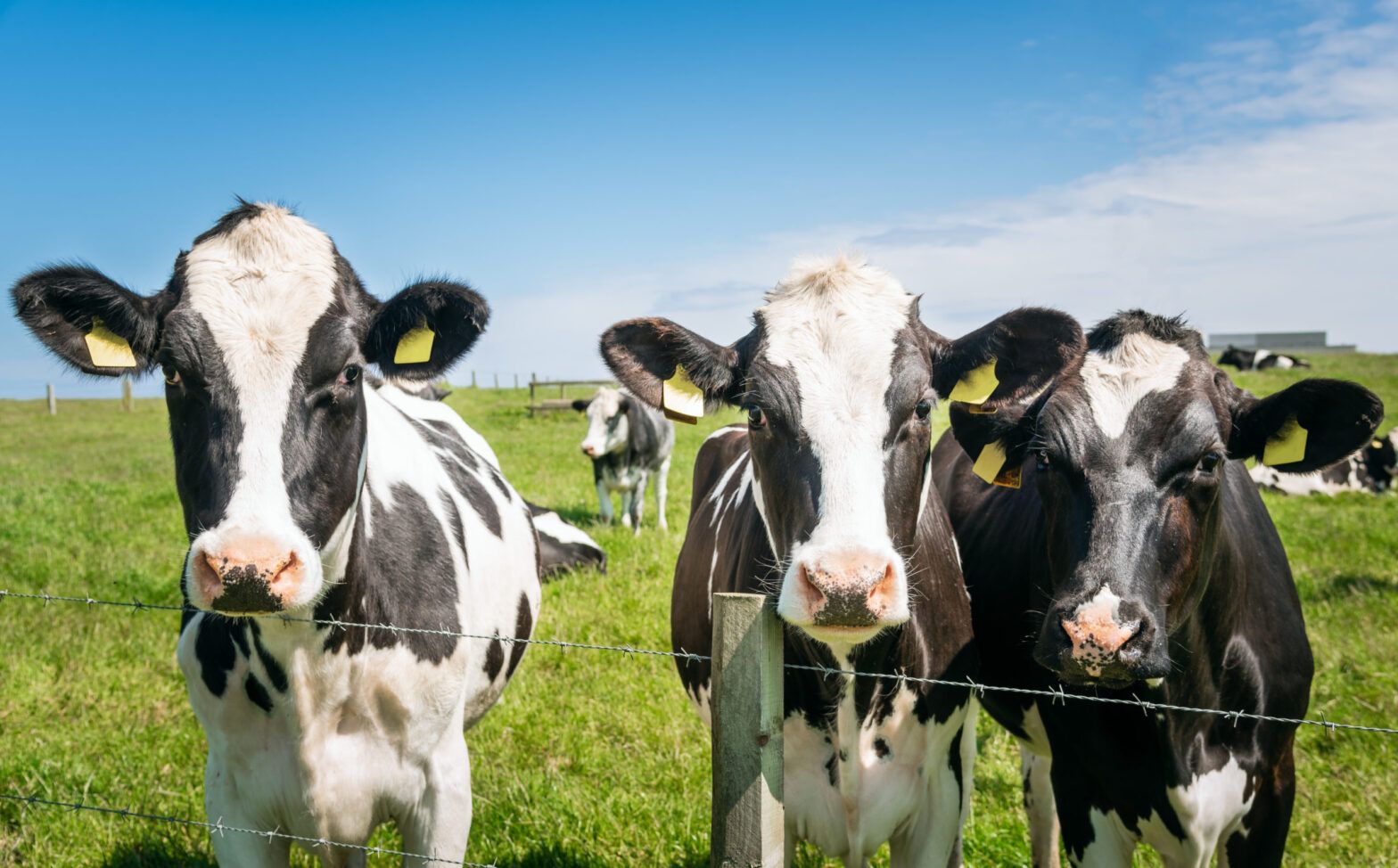Which comes first: climate change or an inefficient food supply system?
Climate change means less water and more droughts. It also means less arable land to farm. So, it is logical to assume that climate change impacts our food supply system.
However, our current animal-based food supply system emits 14.5% of the greenhouse gas emissions that result in climate change. The inefficient food supply system is as responsible as transportation globally for stressing our crop farming potential and impacting climate change.
It all starts with food supply, along with other critical industries like housing and transportation, inching up climate change and then creating other issues like water shortages. We won’t sufficiently impact climate change and stop the vicious circle without addressing our animal factory focused agriculture.
Let’s dig deeper. Animal agriculture produces 37% of industrial emissions of methane, one of the most potent greenhouse gases.
We won’t turn the corner on climate change if we don’t address methane by 2030, World Business Council for Sustainable Development president Peter Bakker said in June at a presentation to Buhler Group. In addition, animal agriculture is one of the highest users of clean water, sucking down a whopping 42%.
Further, our animal protein centric system is the largest contributor to deforestation. Trees are destroyed to grow corn, alfalfa, soy, almost exclusively to feed 80 billion factory animals. That’s more than 10 times the number people on the planet.
Incredibly, we aren’t even using our most precious resources to sustain people. Instead, we use those resources to factory-churn animals, in dismal conditions at that, to produce protein for only the wealthiest nations.
Trees that are cut would otherwise pull carbon from the air. And in being cut down, they also release carbon into the atmosphere. Clearly, we have a problem on our hands.
In addition, the disproportionate use of resources on animal proteins means that the poorest nations don’t have enough access to food. A deployment of resources toward more sustainable proteins such as plant-based and alternative proteins, like fermented and lab-grown meat, could help create more food, more nutritiously, using fewer resources and thus allowing for more access to food for all nations.
This is why many are advocating for a plant-based shift in the global food supply system.
Technologies such as cultivated meat, non-animal cheese with fermented precision proteins and novel plant-based foods with strong taste profiles are all advancing. We must find a way to feed the planet without devouring it.
Of course, we still have to feed people while we are switching over to novel proteins. For many years, the two will exist side by side.
Thus, it shouldn’t be a surprise to see many meat and dairy companies coming out with their own plant-based products. Companies like Beyond Meat, Impossible Foods and Oatly raise the bar, but meat companies are also following suit. While not in the market for the same “save the planet” interest, JBS, Tyson and Danone all have plant-based products.
Many believe that the shift away from animal products will be relatively swift because the need is so great and the pressure on the planet so dire.
The plant-based market will be valued at $162bn by 2030 (8% of the market), according to Bloomberg, and worth $290bn by 2035, and according to Boston Consulting Group (11% of the market up from $39bn today.) These numbers reflect the combination of plant-based and meat-based companies moving toward a shift of the global food supply system. Indeed, it will take all hands on deck.
The true question is will it be swift enough.
Elysabeth Alfano is the CEO of VegTech Invest, advisory to the VegTech Plant-based Innovation & Climate ETF, EATV. She is also the CEO of Plant Powered Consulting and host of The Plantbased Business Hour.








